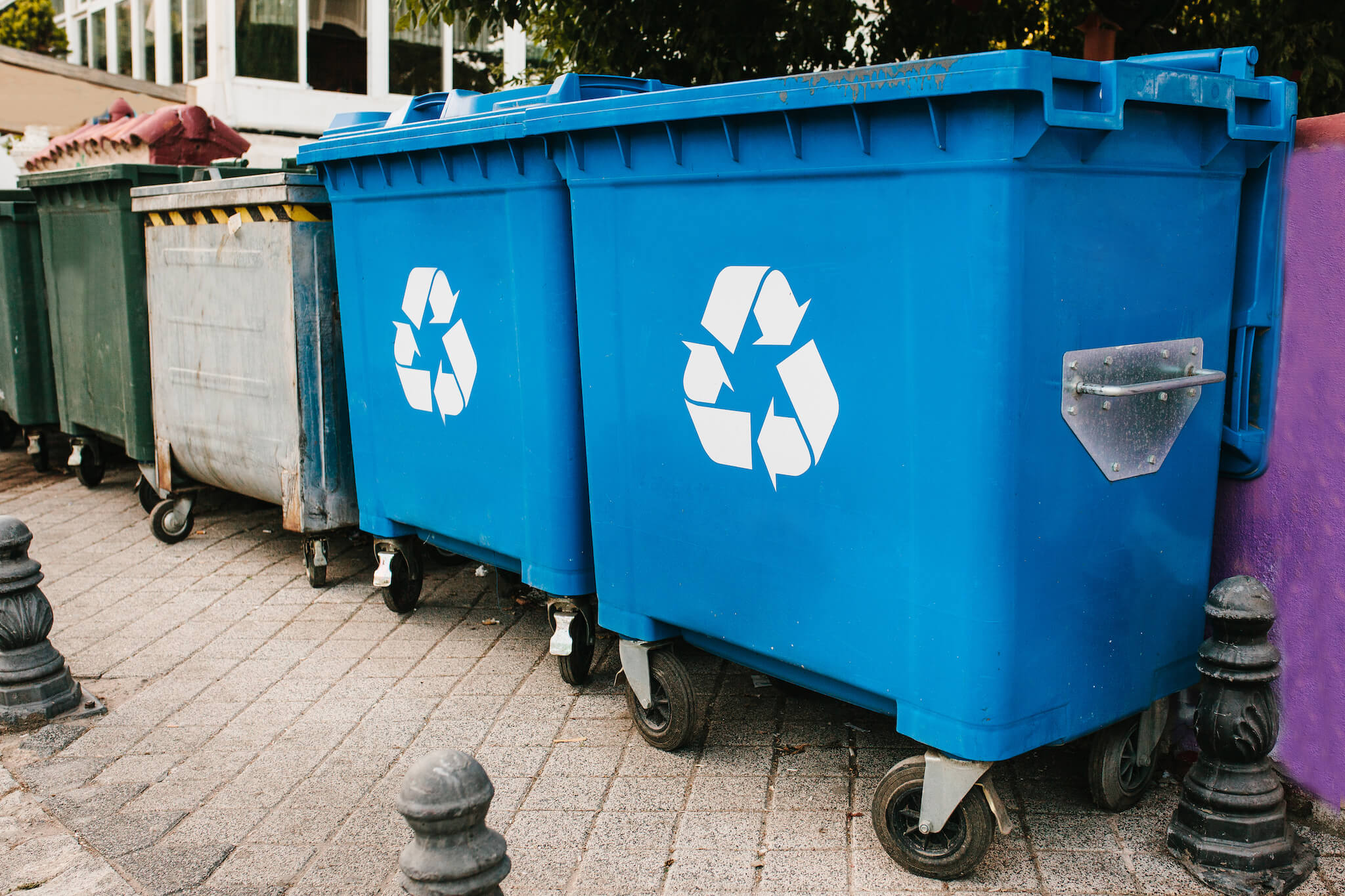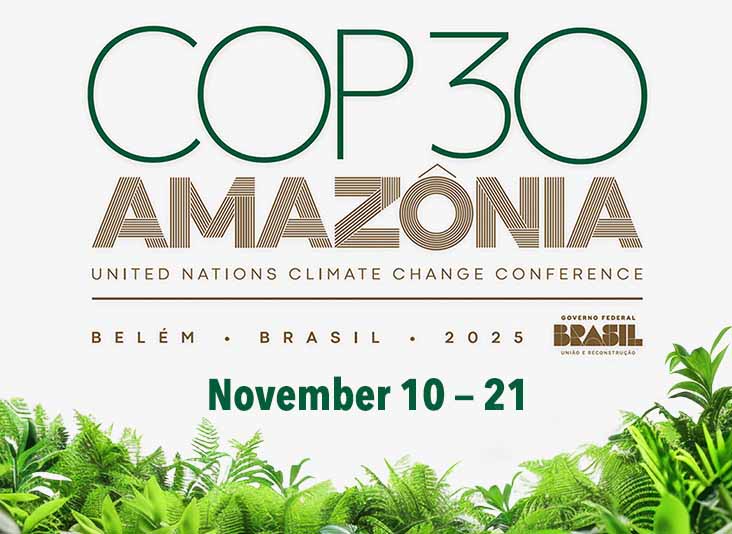Don't Send Single-Use Plastics to the Landfill: Recycle
Recycling single-use plastics can deliver a variety of environmental savings—including some that aren’t immediately obvious to the generator. Instead of sending single-use plastic waste to the landfill, recycling can drastically reduce plastic cost and environmental impact as well as assist operations across multiple industries.
Recycling also doesn’t require usage reduction in industries where plastics are crucial and irreplaceable. By recycling or upcycling plastics into new products, the environmental cost of a produced plastic is recovered through long-term reuse. As an added benefit, recycling first-generation plastic into secondary products supports other industries and extends the substance's lifecycle.
For these reasons, rethinking the lifecycle of plastic material and preventing it from entering the landfill is a key part of sustainable business operations.
Single-Use Plastics: Vital Yet Costly
Plastic is, and likely always will be, necessary for healthcare, higher education, life sciences, and manufacturing industries. Healthcare, for example, would be far less safe and efficient without plastic, mainly due to its sterility and versatility. This includes applications in single-use syringes, pipette tips, medication packaging, and more. The same applies in higher education and life sciences—labs thrive on plastic, which keeps samples separate and uncompromised. Plastic packaging is crucial across industries, keeping products together and containing various products or wastes.
There are high environmental and economic costs throughout the entire plastics lifecycle, however. Plastic production is resource-intensive and energetically expensive. The broad-based mining of the non-renewable crude oil that plastics are derived from destroys the environment—producers create some 380 million metric tons yearly, half of which is for single-use items. Nearly 300 million tons of plastic waste is generated annually, an amount that continues to rise at a 9% annual rate. Of this, 91% is not recycled, and is instead incinerated or diverted to the landfill.
Plastic Degradation is Hazardous
Once in a landfill, plastics degrade differently, on varying timelines. A plastic bag, for instance, might decompose in 10-20 years; a plastic water bottle might require 1,000 years to degrade. Plastic degradation in the landfill contributes to methane formation, which pollutes the atmosphere and causes human respiratory diseases like pneumonitis or asphyxia. At any point to, from, or within the landfill, plastic material may escape into the environment. Once there, plastic substances damage infrastructure, collapse food supply chains, taint water supplies, endanger the public, and more.
Even though plastics are vital, they are hazardous to human and environmental health at almost every step of their current lifecycle. Luckily, plastics can be incredibly useful beyond their first use. In this blog, we'll explore how plastics recycling is smart business not only for your organization, but for other businesses and the earth as well.
A New Plastic Waste Recycling Model
At times, the environmental cost of plastic may seem to outweigh its usefulness. Plastics do, however, remain a necessity for many key industries. As such, it’s time to consider that a new plastics recycling model is a realistic way to offset some of the inevitable environmental costs.
A new single-use plastics recycling model can also provide valuable plastics-derived materials to other industries and thus increase return on investment (ROI) for the original generator, all while avoiding the hazardous effects plastics cause in the landfill. A well-developed plastics recycling program can also help organizations meet compliance and sustainability goals and introduce new products across industries.
Plastics Recycling Successes
Many companies succeed in reclaiming and repurposing plastic materials to create new and useful items. Rothy’s, a shoe manufacturer, knits recycled water bottles together to shape its products. Patagonia repurposes water bottles to create the polyester material for its jackets and sweaters. These are examples of smart business—companies with efficient recycling programs that help boost their brand image, meet sustainability goals, and save money and effort.
Finding an efficient, high-yielding plastics recycling method takes work, however, given the infrastructure of recycling systems in the United States—statistics indicate that only 9% of plastics are recycled, although that number could be lower. The more a plastic is reused or recycled, the greater the reduction in cost-per-use. As such, every reuse will reduce the full environmental cost of any plastic object’s lifecycle.
Plastics Recycling for You
The plastics recycling market changes constantly and it’s a challenge to understand and reap its greatest benefits. There are currently more recycling options than ever—but choosing the best one to suit your needs can be daunting.
Are you ready to rethink your overall plastic waste management—specifically for single-use plastics? Triumvirate Environmental has options for recycling single-use plastic waste. For example, we recycle biopharma waste and create useful products that keep your single-use products out of the landfill and promote your sustainability goals.
To get started with plastic waste management for your company, contact Triumvirate Environmental today.






